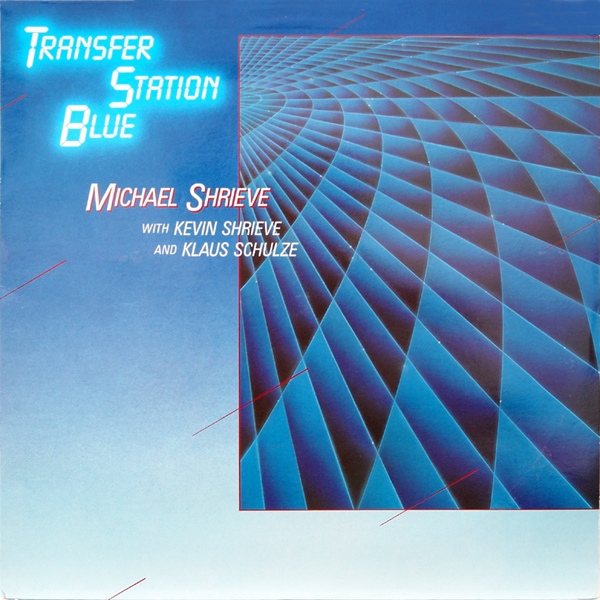Michael Shrieve with Kevin Shrieve & Klaus Schulze – Transfer Station Blue, 1984

Alexander Robotnick – Ce N’est Q’un Début, 1984

Ray Lynch – Deep Breakfast, 1984

Hildegard von Bingen – A Feather on the Breath of God, 1984

King Sunny & His African Beats – Aura, 1984

Aura was the last album from jùjú music pillar King Sunny Adé before he left Island Records, purportedly because of increasing pressure to westernize his sound. You can hear it, too–Aura is much beefier than his other two Island releases, the classics Juju Music and Synchro System. It’s plumped up and pulsing with drum machines, electro beats, and synth samples–arguably not a bad thing. King Sunny Adé was the first to introduce the pedal steel guitar to Nigerian pop music, and it shines here on top of a dense flurry of percussion, thanks to six percussionists and plenty of talking drum. Featuring a Stevie Wonder harmonica solo on “Ase,” and Tony Allen on drums in “Oremi,” this is not traditional jùjú music, but the endlessly rolling, meditative grooves and the joy are still there in full force. A perfect summer record. Thanks for playing this for me in your car, Kat!
Wally Badarou – Echoes, 1984

Steve Roach – Structures From Silence, 1984

